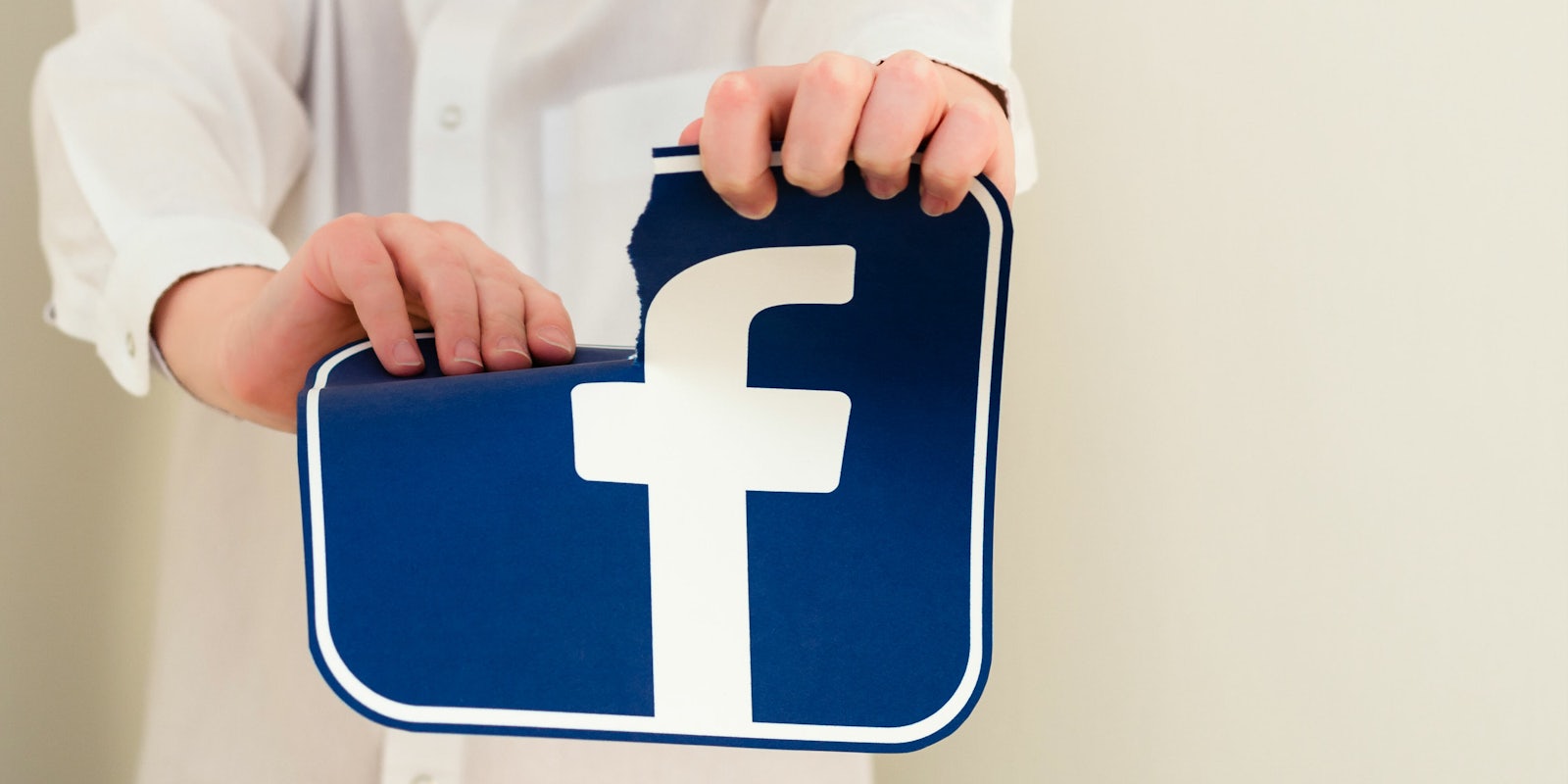Opinion
BY TIM STOBIERSKI
It’s 2018, and everyone is freaking out about the way that Facebook collects data from its users and shares that information with advertisers. And there’s some good reason behind the country-wide freakout: The data that Facebook routinely collects was able to be accessed and abused in order to very possibly impact the outcome of the 2016 presidential election.
Talk about scary stuff, am I right?
But I’m here to tell you that you’re late to the party. Yes, Facebook’s data collection and ads policies may have just recently come into the spotlight, but the truth is that this has been going on for years.
I’ve personally been concerned about the way Facebook collects data and sells it to advertisers since 2014 when an ad on my Facebook news feed essentially outed me.
Though I am now openly and proudly bisexual, back in 2014 I was very much in the closet. The idea of coming out was terrifying to me, because in my mind (at the time) it meant giving up a normal life. I didn’t want to be bisexual, and I certainly didn’t want other people to know that I was bisexual.
But Facebook took that decision away from me.
One day, shortly after starting a new job at a publishing house, my boss had asked me to show her how to do something on Facebook. At first, I tried to explain how to do it verbally, but then I decided it would be easiest to show her, and so I logged into my account with her over my shoulder.
As someone who grew up on the internet, I have become so accustomed to ads that I usually tune them out, whether they’re on Facebook, a website, or at the top of Google search results. But this day, in particular, the ads stood out to me. I don’t know why, exactly, but it probably had something to do with the fact that my boss was literally standing over my shoulder. But regardless, what I saw mortified me.
Facebook was showing me advertisements for a gay cruise to Israel: An ad with rainbow letters and mostly naked, muscled hunks. The ad text was a bad attempt at being punny; something like, “You’ve got to get on to get off.”
My boss didn’t acknowledge the ad; I’m not even sure if she saw it. But I was very well aware of the fact that, if she was paying attention, then Facebook just outed me. Which was absolutely horrifying.
I quickly clicked away, showed her what I needed to show her, and then closed out of facebook. The day went on as normal, and my boss never mentioned the ad or asked me about it (though, now that I think about it, I believe she went out of her way in the following months to make me understand that she was very “accepting”).
That night, back at home, I logged back into Facebook. The ad was still being displayed in my Facebook sidebar, enraging me. WTF, Facebook? I reported the ad as being inappropriate and it vanished, replaced by some ad for Candy Crush.
But I didn’t understand why Facebook thought I wanted to see the ad to begin with. I checked my relationship status to see if I had mistakenly indicated that I was interested in men. Nope, it very plainly said that I was into women.
I checked my “likes” to see if I had liked anything that could be construed as being gay. Again, nope, other than a “like” for Lady Gaga.
So what, exactly, was going on? How did Facebook know that I was interested in men, when I had never told another living soul, and when I certainly had never told Facebook?
I had to do some digging to find out. Ultimately, I learned that Facebook had been essentially using cookies and pixels to follow me around the internet, tying my online behavior back to my profile, which it was then selling to advertisers.
Advertisers like this gay cruise. Advertisers who didn’t care whether or not I was out, so long as they could try to squeeze some money out of me. Advertisers who essentially took the decision about whether or not to come out away from me.
I ultimately came out two years later, after the Supreme Court ruling on Obergefell v. Hodges. And yes, as is en vogue nowadays, I came out on Facebook, to much aplomb by friends and family.
I still get the odd ad for gay cruises to Israel, or for fashionable jockstraps (which, seriously, let me just say now: Facebook, not all gay men are into jockstraps, okay?) which reminds me of my experience.
It makes me wonder about what it will be like for future generations of our community, especially with the advent of artificial intelligence and machine learning and algorithms, etc., all making it easier to boil human beings down into data points to be analyzed and taken advantage of.
Will the machines know that we’re gay before we even realize it ourselves? How will that information be used? Will our sexuality merely be sold as a commodity to advertisers, or will it be used for more nefarious purposes—say, building a government list, forcing all fags to wear a rainbow patch on their sleeve?
These may sound cliche and hyperbolic today, but they’re real questions. Questions that we as a society need to come together and answer—sooner rather than later.
Now if you’ll excuse me, I should be going. Facebook is telling me that there’s a sale on that cruise.
Author’s Note: If you’d like to stop Facebook and other companies from getting access to data about your online behavior, check out this Gizmodo article that details how you can opt out of data sharing.
